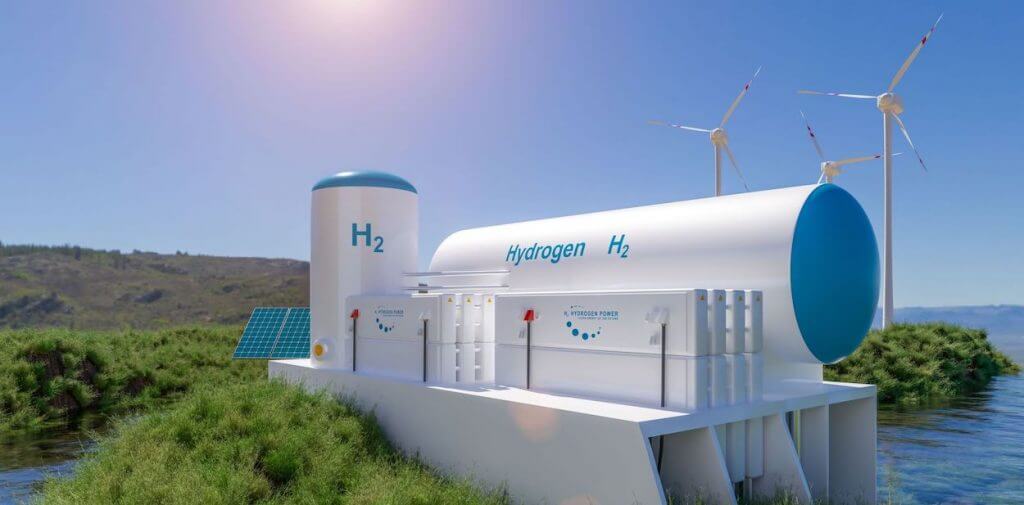Green hydrogen is one of the key elements on the pathway to a future of clean, secure and affordable energy supply and has gained significant importance on the European and international agenda. On 19 October 2020, GIZ held the Sino-German Hydrogen Strategy and Cooperation Workshop to exchange on the hydrogen strategy and development status in both countries, and to discuss the challenges and opportunities as well as the cooperation potentials for hydrogen industries.
Hydrogen strategy and development in Germany and China
As one of the key contributions to meet the national climate goal, Germany has published the National Hydrogen Strategy in the middle of the year 2020 to provide a coherent framework for the generation, distribution and use of hydrogen. With concrete steps and measures set out, the strategy also aims at creating new value chains for the German economy and stronger energy cooperation on international level. During the workshop, Ms. Lucia Seissler, Programme Manager Asia at NOW GmbH, gave an introduction on the concrete sectoral measures of the national hydrogen strategy and the development of hydrogen technology in Germany. China has recently pledged to peak carbon dioxide emissions before 2030 and achieve carbon neutrality before 2060. As Germany, China also recognizes that hydrogen can play a prominent role in helping to achieve its climate goal. Although China is the world’s largest hydrogen producer, green hydrogen only accounts for less than 0.3%. Insufficient technology and high costs are among the major reasons for the low percentage of green hydrogen production. However, China is the leading country in renewable energy generation with large untapped potential for cheap green hydrogen production. The goal: 10% of hydrogen in the final energy consumption by 2050, as Dr. Miao Ping from China Hydrogen Alliance stressed in his presentation elaborating the hydrogen energy status and the deployment of fuel cell technology in China.
Dr. Zhao Jishi from Foshan Environment and Energy Research Institute shared the experience of hydrogen industry development in Foshan. With over 90 hydrogen-related firms and R&D institutions, 5 production sites, 29 urban public transport lines powered by hydrogen and 16 hydrogen filling stations, Foshan in Guangdong province, is positioning itself as the “national innovation and development highland of hydrogen industry”, and to establish a “Foshan hydrogen intelligent manufacturing” system in China.
Challenges/opportunities and cooperation for hydrogen industries
In the open discussion, representatives from German and Chinese government and private sectors shared their insights on opportunities and challenges of hydrogen development in China. Some key take-aways from the fruitful discussion are, among others:
- Transport is still the key sector of hydrogen application in China, while the developments of innovative solutions in further fields such as heating, chemical and steel industries bring opportunities to decarbonizing highly carbon intensive sectors.
- Technological obstacles remain a major challenge for industrial scaling-up. Targeted subsidy schemes and an appropriate regulatory framework can support private sector investments in R&D.
- Many potential cooperation areas for the German and Chinese government and the private sector were pointed out. Engaging in multi-stakeholder dialogues including on a high EU-China policy level, aligning standards to enable the establishment of a global hydrogen market and initiating specific Sino-German pilot projects on green hydrogen were suggested by the participants.
The Sino-German Hydrogen Strategy and Cooperation Workshop was jointly organized by the Sino-German Energy Partnership and the Sino-German Cooperation on Mobility and Fuel Strategy project of GIZ. As the implementation partner for the German federal government, GIZ in China will closely follow the hydrogen related developments and continue to facilitate the bilateral exchange on the matter.
Click here for more information on the Sino-German cooperation on hydrogen within the framework of the Sino-German Energy Partnership.



